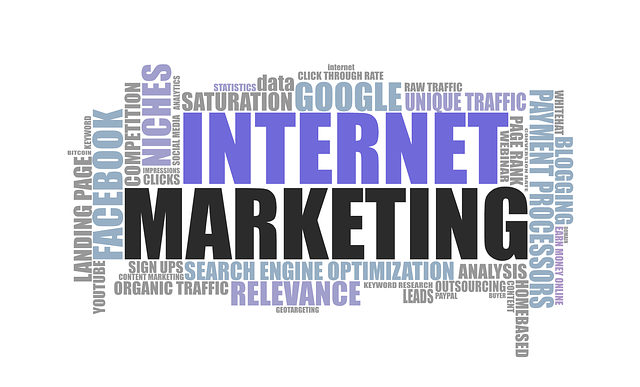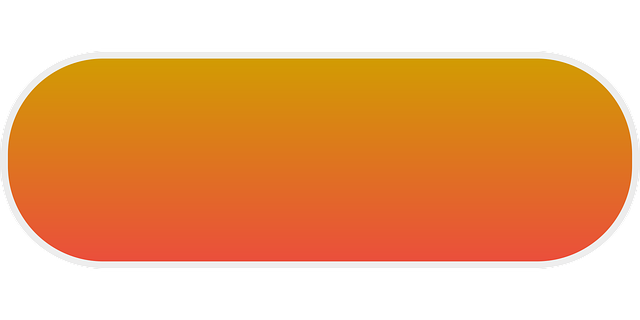In today's digital age, Artificial Intelligence (AI) is revolutionizing vehicle repair industries by providing cutting-edge AI marketing insights. These insights enable repair businesses to analyze historical data for trends in repairs and parts replacements, enhancing productivity and accuracy. By leveraging AI training programs with personalized learning paths, technicians gain proficiency in predictive maintenance and automated parts identification. Success is measured through crucial metrics like increased efficiency, reduced repair times, and improved accuracy rates. Regular assessments ensure vehicle repair teams stay competitive and meet evolving customer expectations.
“Revolutionize your vehicle repair business with AI—it’s not just a futuristic concept but an actionable strategy. This article explores how artificial intelligence is transforming automotive workshops, offering unprecedented efficiency and accuracy. We’ll delve into the potential of AI in every aspect of vehicle repair, from initial assessment to final touch-ups. Discover marketing insights on implementing AI training programs, fostering team adaptation, and measuring remarkable improvements in business performance. Embrace AI today and stay ahead in the digital age.”
- Understanding the Potential of AI in Vehicle Repair: Unlocking Efficient Training Practices
- Implementing AI Training Programs: Strategies for Repair Team Adaptation and Growth
- Measuring Success: Evaluating the Impact of AI on Vehicle Repair Business Performance
Understanding the Potential of AI in Vehicle Repair: Unlocking Efficient Training Practices

In today’s digital era, Artificial Intelligence (AI) is revolutionizing various industries, and vehicle repair is no exception. By harnessing AI marketing insights, repair businesses can unlock efficient training practices that were previously unimaginable. AI has the potential to streamline complex tasks, provide real-time feedback, and personalize learning experiences for each team member, ultimately enhancing overall productivity and accuracy.
For instance, AI algorithms can analyze vast amounts of historical data to identify patterns in common repairs, parts replacements, and troubleshooting techniques. This information can then be used to create dynamic training modules tailored to the specific needs of repair teams. By leveraging AI-driven insights, vehicle repair professionals can stay updated with the latest trends, ensuring they provide top-notch services that meet evolving customer expectations.
Implementing AI Training Programs: Strategies for Repair Team Adaptation and Growth

Implementing AI training programs offers a strategic approach for vehicle repair teams to adapt and grow in an era driven by technological advancements. By integrating artificial intelligence into their skill sets, repair professionals can enhance efficiency and accuracy in diagnosing and fixing complex automotive issues. AI marketing insights for vehicle repair businesses highlight the importance of personalized learning paths that cater to individual team members’ needs and learning styles. This tailored approach ensures that everyone receives the necessary support to embrace and excel in using AI tools effectively.
To facilitate successful adaptation, repair teams should participate in interactive workshops and simulations that mimic real-world scenarios. Such immersive experiences allow technicians to practice utilizing AI algorithms for various tasks, from predictive maintenance predictions to automated parts identification. Additionally, fostering a culture of continuous learning through regular updates and knowledge-sharing sessions will help keep the team abreast of emerging AI trends and best practices in the automotive industry.
Measuring Success: Evaluating the Impact of AI on Vehicle Repair Business Performance

Measuring success is a crucial aspect of any business transformation, and AI integration in vehicle repair teams is no exception. By leveraging AI marketing insights, vehicle repair businesses can evaluate the impact of this technology on their performance. Key metrics to consider include increased efficiency, reduced repair times, and improved accuracy rates. For instance, AI-powered diagnostic tools can swiftly identify issues, enabling technicians to focus on repairs rather than lengthy troubleshooting.
Additionally, AI’s ability to analyze vast datasets offers valuable marketing insights into customer behavior and preferences. This knowledge allows businesses to tailor their services, enhancing customer satisfaction and loyalty. As AI continues to evolve, regularly assessing its performance against these metrics is essential for vehicle repair teams to stay competitive and meet the evolving demands of the industry.
AI training is transforming vehicle repair industries, offering efficient and adaptive solutions that enhance team performance. By implementing AI programs, repair teams can streamline processes, improve accuracy, and stay ahead in a competitive market. The success of these initiatives lies in strategic adoption, continuous evaluation, and leveraging AI marketing insights for targeted improvements. As the technology evolves, embracing AI training will be key to sustaining growth and maintaining a competitive edge in vehicle repair businesses.
